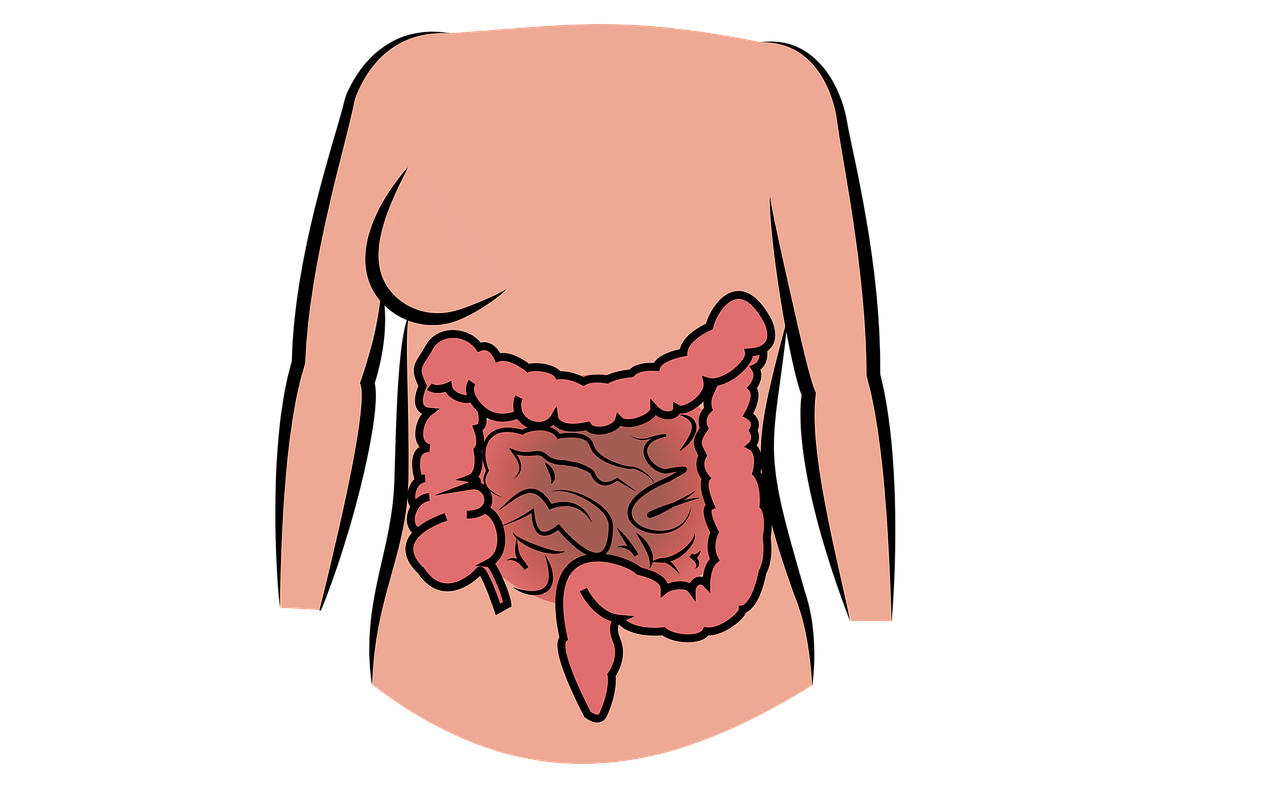Digestive System
5 MOST COMMON DIGESTIVE SYSTEM DISEASES
By A.A. (staff writer) , published on July 06, 2020

Medicine Telehealth digestive system git git diseases digestive system diseases common digestive system diseases common digestive system disorders
Digestive system diseases are extremely common in society. Many factors contribute to digestive problems. Diet and a sedentary lifestyle are the major reasons for digestive distress. Digestive diseases affect one in five people.
Digestive diseases are problems of the digestive tract which is also called the gastrointestinal tract (GIT). The health of your digestive system is essential for your body. The digestive system breaks down food into smaller particles so that the body can easily absorb nutrients and use them as energy.
The important parts of the digestive system are
- Esophagus
- Stomach
- The small and large intestine
- Liver
- Pancreas
- Gallbladder1
Symptoms of digestive problems
The following are common signs and symptoms of digestive problems.
- Diarrhea
- Constipation
- Heartburn
- Bloating
- Bleeding
- Flatulence
- Weight loss
- Cramps in stomach
- Nausea and vomiting
Digestive diseases may range from mild to serious. A digestive illness is any health issue that occurs in the gastrointestinal tract. Some common problems are lactose intolerance and irritable bowel syndrome2.
Are GIT symptoms serious?
Some common digestion issues are heartburn, gas, stomach aches, and cramps. Most of the time they are not for concern. However, sometimes they may indicate serious digestive system disorders. You should consult the doctor to exactly know about the condition of your digestive system.
1. Peptic Ulcer Disease
A peptic ulcer is damage to the internal lining of the stomach. It can also be defined as an open sore in the upper part of the small intestine or lining of the stomach. Typical symptoms of peptic ulcers are nausea, vomiting, and stomach pain. Peptic ulcers are also called gastric ulcers. Inflammation of stomach lining is called gastritis.
There many reasons for peptic ulcer disease including bacterial infections m. H.pylori is the causative agent of peptic ulcer. Other than bacterial infection some medicines (NSAIDs) including naproxen, ibuprofen, and aspirin also cause peptic ulcer disease.
Treatment of peptic ulcers is done by combination therapy including antibiotics, antacids, and proton pump inhibitors3.
2. Gastroesophageal Reflux Disease (GERD)
Acid reflux is a disease that causes an upward flow or movement of acid into your esophagus. Or a condition in which stomach acid backs up into the esophagus. Burning sensation accompanied by pain in the middle of the chest may indicate GERD.
According to the National Institute of Diabetes and Digestive and Kidney Diseases, GERD affects 20 percent of Americans. It is a chronic digestive disease and you may experience symptoms in your daily life or twice a week. You must see your doctor if you experience persistent bad breath, heartburn, nausea, and abdominal discomfort.
Lifestyle modification will help you to control this problem. People having this disease should avoid spicy food, smoking, alcohol, and soda beverages.
Proton pump inhibitors and over the counter antacids are frequently used to treat GERD4.
3. Crohn’s Disease
Crohn’s disease is also called inflammatory bowel disease. It can affect any part of the digestive system but Crohn’s disease mostly damages terminal ileum. According to the Crohn’s and Colitis Foundation, almost 780,000 Americans are affected by Crohn’s.
The cause of Crohn’s disease is still unknown. According to doctors, it has some genetic connections, and family history may play a part. The common symptoms of Crohn’s disease include weight loss, abdominal pain, diarrhea, and rectal bleeding.
The symptoms and occurrence of the disease can be controlled by avoiding spicy foods, coffee, carbonated drinks, and dairy products. Treatment of Crohn’s disease includes immune suppressants, topical analgesic creams, and surgery5.
4. Gastroparesis
The digestive condition decreases the stomach's capacity to remove its contents, delaying, or preventing food passage from the stomach to the small intestine. Gastroparesis usually affects more women than people, but the reason is unknown. The most common known causes of gastroparesis are diabetes, nervous system diseases including multiple sclerosis, Parkinson’s disease, and intestinal surgery6.
Undigested food, the feeling of fullness, lack of appetite, abdominal bloating, nausea, and vomiting are common symptoms of gastroparesis. Eating fatty foods, consuming carbonated drinks may aggravate the symptoms of gastroparesis7.
5. Constipation
Constipation is a common digestive problem characterized by trouble in passing stools. Bowel movements less than three times a week also indicate constipation.
Lack of fiber in your diet and inadequate fluid intake are the primary reasons for constipation. However, conditions can be easily controlled by consuming fruits rich in fiber such as oats in your diet. Fluid intake and exercise can also help to relieve constipation. Doctors prescribe laxatives only for short term solutions8.
References
- 6 Common Digestive Disorders. [internet]. 2019, September 17. [cited on 2020, June 28]. Available at https://www.tanner.org/the-scope/6-common-digestive-disorders
- Digestive diseases. [internet]. [cited on 2020 June 28]. Available at https://medlineplus.gov/ency/article/007447.htm
- 10 common digestive diseases. [internet]. 2018 November 3. [cited on 2020 June 28]. Available at https://www.healthgrades.com/right-care/digestive-health/10-common-digestive-disorders
- 9 common digestive conditions. [internet]. 2020 June 17. [cited on 2020 June 28]. Available at https://www.everydayhealth.com/digestive-health/common-digestive-conditions-from-top-bottom/
- 8 Common Digestive Problems and How to End Them. [internet]. 2020 September 2. [cited on 2020 June 28]. Available at https://health.usnews.com/health-news/articles/2012/09/06/8-common-digestive-problems-and-how-to-end-them
- The 5 Most Common Digestive Diseases. [internet]. [cited on 2020 June 28]. Available at https://www.gastrova.com/article/5-common-digestive-diseases/
- 10 Common Digestive Disorders. [internet]. 2018 November 2. [cited on 2020 June 28]. Available at https://www.healthgrades.com/right-care/digestive-health/10-common-digestive-disorders
- 7 Common Digestive Problems you may have. [internet]. 2018 August 24. [cited on 2020 June 28]. Available at https://www.mountelizabeth.com.sg/healthplus/article/common-digestive-problems
Find articles related to: Medicine Telehealth digestive system git git diseases digestive system diseases common digestive system diseases common digestive system disorders
More articles about Digestive System
Back to the Health Tips Index




